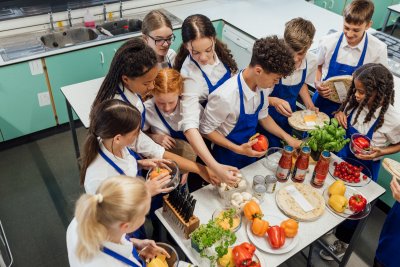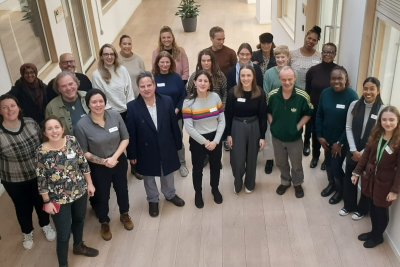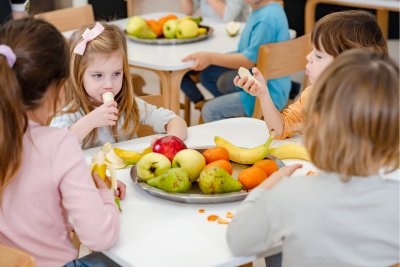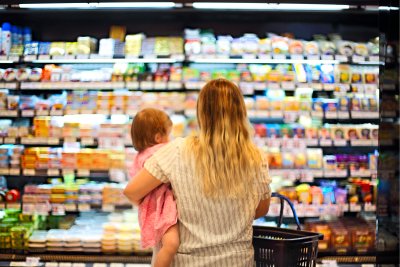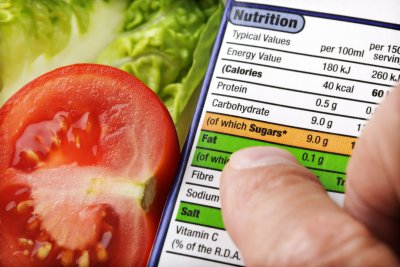 Picture credit: Food Foundation
Picture credit: Food Foundation

True scale of Covid-19 coronavirus food aid need exposed
Food Foundation analysis shows that Covid-19 will leave millions of people unable to access the food they need.
The Government has announced that it will be offering free food parcels to many of the 1.5 million people it has identified at being at particularly high risk from COVID-19, and who might otherwise struggle to get the food they need in order to shield themselves from infection by staying at home for at least 12 weeks.
Whilst this is a good start, colleagues from across the food sector are raising concerns that this figure misses out many people who are in need of vital support.
Read the Food Foundation's analysis of food insecurity in the Covid-19 coronavirus outbreak here.
Read an informative article in The Guardian on concerns about household food insecurity during the Covid-19 coronanvirus pandemic, 27 March 2019: Millions to need food aid in days as virus exposes UK supply
Food insecurity amongst school children
In a series of letters to ministers that members of our alliance sent before the schools closed, we asked for provisions to be made not just for children who are eligible for free school meals but also those who are not eligible despite being in need such as those with No Recourse to Public Funds.
We do not know how many children live in households experiencing food insecurity who are not eligible for Free School Meals. Just using the data from London, research by the Greater London Authority (highlighted in our research briefing) found that whilst there were in the region of 400,000 children who were living in food insecure households in the capital, less than half of this number received free school meals.
Food insecurity amongst people with an elevated risk of the virus
The Food Foundation's research published today shows that there are nearly 18 million people who are at an elevated risk of the virus either due to age, underlying health risks, or that they are pregnant. This group has been asked to follow strict social distancing measures in order to protect their health and are therefore likely to experience some limitations in how they can access their food.

However, within this group, the Food Foundation has identified nearly 900,000 people who are both at elevated risk of the virus and have low or very low food security. This means that they struggle to get food normally, and now they will struggle even more to access the food they need when they cannot leave the house or hostel where they live.

Food insecurity in the general population
In addition to people who are at an elevated risk from the virus, there is concern over those who are at a "normal" risk from the virus who need to follow the general social distancing guidelines but who are food insecure. The Food Foundation has identified nearly 4 million people who are in this group.
Included in this number are also the millions of people will be experiencing a drop in income because of illness, new childcare requirements, reduced working hours or losing their jobs or contracts.
Over the past couple of weeks we know that over 500,000 people have applied for Universal Credit social security benefits and are now facing the standard five-week wait before they receive their first payment. Sustain has joined others in calling for immediate suspension of the five-week wait, to prevent more people running out of food.
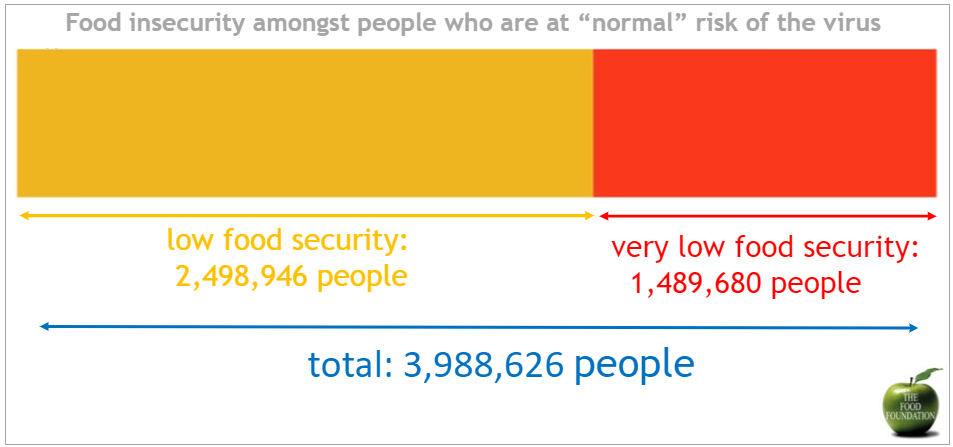
Kath Dalmeny, chief executive of Sustain, the alliance for better food and farming said:
"Food banks will not be able to cope with the extremely high level of need and are not the answer when people are being asked to minimise contact with others. The most important thing is for the government to staunch the flow of people needing food aid by giving low-income households money directly to buy it for themselves.
“We may need the army to oversee biosecurity as caterers, for example in school kitchens, supply hubs and to enforce social distancing as people collect food from them.”
Coronavirus Food Alert: Sustain's work on food resilience in the COVID-19 coronavirus pandemic.We are helping secure food for vulnerable people and supporting local emergency responses.
Sustain
The Green House
244-254 Cambridge Heath Road
London E2 9DA
020 3559 6777
sustain@sustainweb.org
Sustain advocates food and agriculture policies and practices that enhance the health and welfare of people and animals, improve the working and living environment, promote equity and enrich society and culture.
© Sustain 2026
Registered charity (no. 1018643)
Data privacy & cookies
Icons by Icons8
